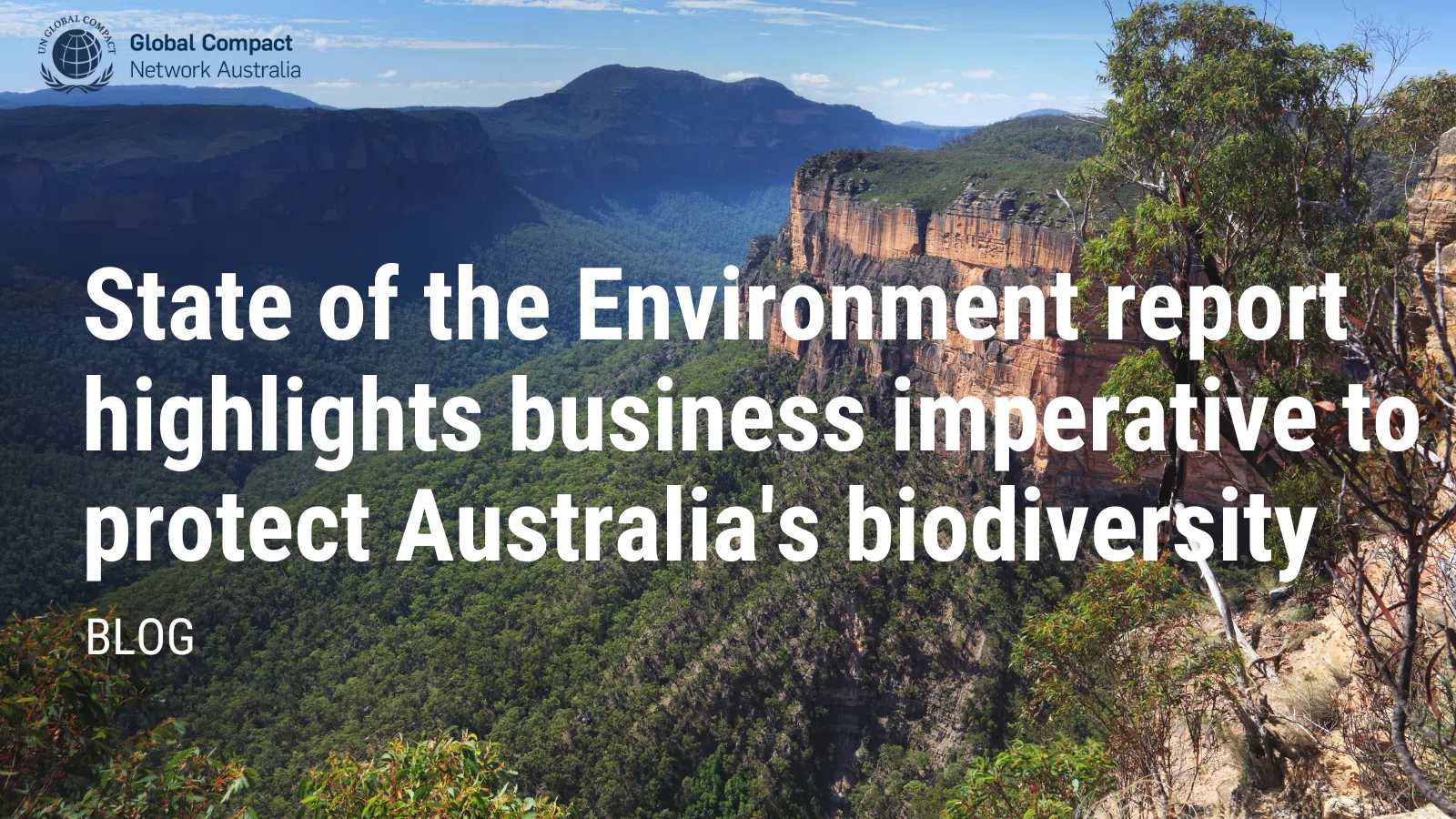
Blogs, Business & Human Rights, Featured, Media, News
BLOG | Five key developments shaping the landscape of business and human rights
Nick O’Sullivan | December 17, 2021
2021 has once again proven particularly challenging for businesses across the board. Supply chains have been put under pressure with the ongoing shockwaves of the pandemic, changes in regulations have caused businesses to rethink how they operate, and the ever-changing landscape of business and human rights looks like it will only continue to evolve in 2022.
Here, we take a look at five key trends and developments in Australia and abroad that businesses should be aware of, as we move into the new year.
1. Europe leads the charge in mandatory human rights due diligence
There has been an increase in momentum in Europe towards implementing mandatory human rights due diligence (mHRDD), with legislation recently passing in both Germany and Norway. We have seen a move by the European Union (EU) to pass similar legislation, however the passage of the proposed EU legislation has since been stalled. The Dutch Government has also announced it will establish its own mHRDD legislation.
The mHRDD legislation will make it mandatory for companies to undertake human rights due diligence across their entire value chain. This means businesses will need to have processes in place to identify all actual and potential human rights impacts and show that they are taking adequate steps to manage those impacts. In the case of the proposed EU legislation, the actual and potential impacts also extend to environmental considerations.
It is important for businesses to act on the momentum of countries moving to implement mHRDD legislation, even if the legislation is not yet applicable in the jurisdictions where the business operates. The current momentum forms part of a global trend that will continue to permeate across the business sector. There is also a possibility that a mHRDD scheme will form part of the review of the Commonwealth Modern Slavery Act which will take place in 2022.
The bar is being raised and it is important for businesses to stay one step ahead, regardless of whether these regulations apply to them yet.
2. Countries combat forced labour with import bans
The United States has continued to build on its already existing import bans for Chinese products, most recently adding a blanket ban on all imports from the Xinjiang Province. This ban is now before the US Senate and creates a ‘rebuttable presumption’ that all goods imported from Xinjiang are linked to forced labour.
Canada has also used its new import ban framework to seize Chinese and Malaysian clothing at the border and the EU has committed to establishing a similar import ban.
In Australia, a Private Member’s Bill to ban imported products linked to modern slavery passed the Senate in August and was introduced to the House of Representatives in November. You can read our submission on the Bill that we made in March. Although we may not see this Bill proceed further without adequate support of the Government, it is possible that the content of the Bill may be incorporated into the 2022 review of the Commonwealth Modern Slavery Act.
3. Litigation targeting businesses is on the rise
An increasing number of overseas cases are serving as a reminder that human rights related litigation is likely to continue to rise, and that businesses need to take adequate steps to manage their risks.
In the United States, a lawsuit brought against global technology companies including Google, Microsoft and Tesla relating to alleged child labour in cobalt supply chains in the Democratic Republic of Congo was dismissed in November, though it appears likely this decision will be appealed.
In the Netherlands, a human rights group submitted a criminal complaint in December against companies including Patagonia and Nike relating to alleged forced labour in Xinjiang. This move follows similar complaints against clothing and textiles companies in Germany and France.
4. Australia introduces tougher sanctions for human rights abusers
In December, the Australian Parliament passed legislation to amend Australia’s sanctions regime to allow for so-called ‘Magnitsky’ style sanctions to be brought on entities for certain serious human rights abuses.
Magnitsky sanctions operate extra-territorially and target specific countries, organisations, and individuals. The new sanctions regime will allow the Australian Government to impose penalties such as freezing assets and placing travel bans on individuals and entities as punishment for serious acts done outside of Australia.
Businesses should be aware of this when conducting due diligence on overseas business partners, and ensure that any entities or individuals they do business with are not subject to any of these sanctions.
5. Australia gets a second Modern Slavery Act
In November, the NSW Parliament passed legislation amending its Modern Slavery Act which will enter into force on 1 January 2022. The legislation includes establishing an independent Anti-Slavery Commissioner who will promote public awareness of modern slavery and encourage and monitor reporting.
The amended legislation removes the previously proposed $50 million revenue threshold for reporting, which would have caused a discrepancy between the NSW and Commonwealth Acts. However, the NSW Government has indicated it will lobby for the Commonwealth Modern Slavery Act’s revenue threshold to be lowered from $100 million to $50 million when it is next reviewed.
How can businesses stay ahead?
These developments highlight how human rights and modern slavery are increasingly crucial issues for businesses, as well as just how much this area is changing. Given the rapidly evolving landscape, it is important for businesses to stay on top of these shifts.
Businesses can start taking steps in the right direction by making use of our resources designed for businesses and by participating in our initiatives including the Modern Slavery Impact Initiative (MSII) and our Modern Slavery Community of Practice to better understand their obligations and to help align their actions with the United Nations Guiding Principles on Business and Human Rights (UNGPs).
Taking the right steps now will help businesses to stay ahead of what is happening, manage their risks and ensure they are adhering to their responsibility to respect human rights.



